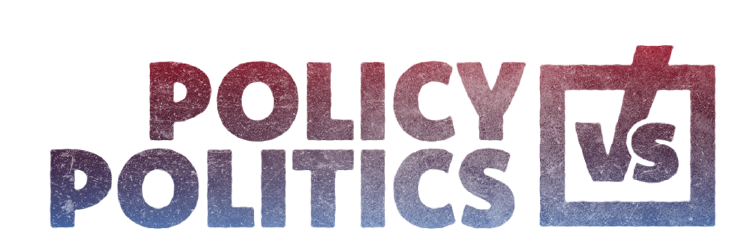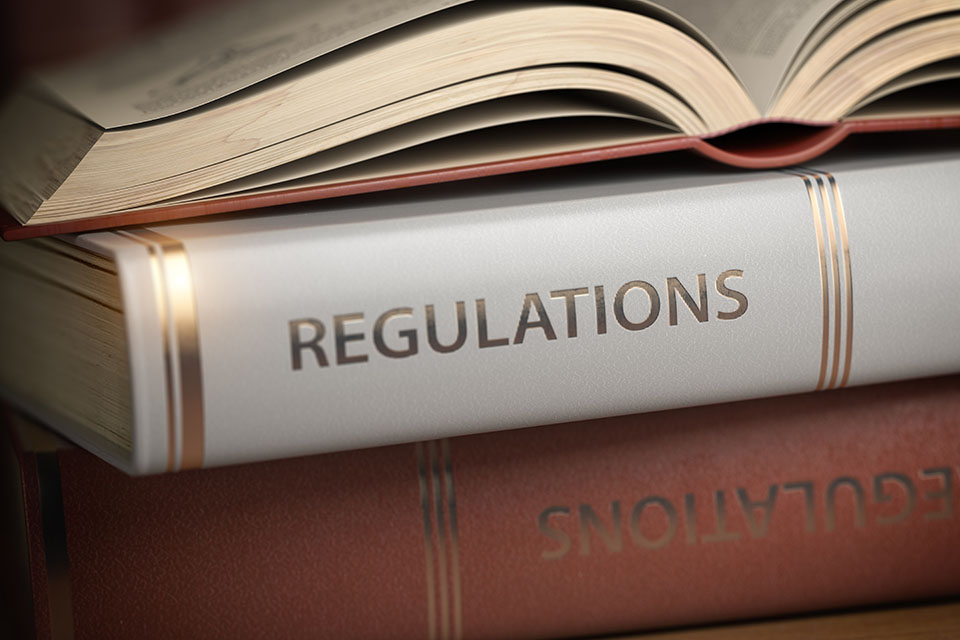Being knowledgeable about government policies is a necessity as a citizen of the United States, especially one hoping to stay informed on current issues. As you prepare to do your research and increase your knowledge, knowing exactly what a governmental policy is and how it comes into effect is vital.
The Basics of Government Policies
Policies and laws are intertwined; you can’t have one without the other. Simply put, when a law goes into effect, the results of that law are called policies. The Merriam-Webster Dictionary defines policy as, “a definite course or method of action selected from among alternatives and in light of given conditions to guide and determine present and future decisions.”
Consider this example of a policy regarding privacy laws, as listed here: “The Privacy Act requires that agencies give the public notice of their systems of records by publication in the Federal Register.” It’s a fairly straightforward policy—any entity considered an agency in the United States is required to publish their systems of records in the Federal Register. Like with any policy, a failure to comply results in consequences as determined by a judge. In this example, the listed policy is only one part of what the law encompasses. Because the Privacy Act is in effect for all citizens and entities of the United States, this is considered a federal, national policy.
Government policy can be difficult and time-consuming to interpret. When you’re looking for information about specific laws and policies, it is important to come prepared with exactly what you’re looking for. Another example of a federal policy would be those relating to immigration. Like other kinds of policy, immigration policy is extensive and covers as many circumstances and situations as possible in order to be comprehensive. When you search for information about immigration policies in the United States, you’ll be redirected to a manual with hundreds of pages that outlines policy for every situation.
State vs Federal Policy
State and local policies are enacted and enforced by smaller branches of government, often taking the policy from a broader, more encompassing view to one that specifically applies to the people the government has responsibility for.
Consider state privacy policy as an example of one that narrows the definition of a federal policy, enacting stricter laws in certain locations. The National Conference of State Legislators website explains, “Five states—California, Colorado, Connecticut, Utah and Virginia—have enacted comprehensive consumer data privacy laws. The laws have several provisions in common, such as the right to access and delete personal information and to opt-out of the sale of personal information, among others. Other provisions require commercial websites or online services to post a privacy policy that describes the types of personal information collected, what information is shared with third parties, and how consumers can request changes to certain information.”
In this example, the state policy still complies with federal privacy policy—however, further laws increase the regulations for the five listed states.
Other examples of state and federal policy differences include immigration policy. Most immigration policy falls under the jurisdiction of the federal government, considering they are the only ones who can grant citizenship, green cards, and visas. However, California has state immigration laws in place that work in tandem with federal laws. Federal programs require any arrestees to have their fingerprints taken and run through a database that will reveal their immigration status. But local law enforcement in California is prohibited from asking arrestees about their immigration status or sharing information with federal law enforcement that isn’t already available to the general public.
Public Policy
You may have heard the terms “government policy” and “public policy” used interchangeably. The Mackinac Center for Public Policy defines public policy as, “the broad area of government laws, regulations, court decisions, and local ordinances.” Government policy and private policy encompass the same idea: the results of laws held in effect in the United States.
As you continue to use Policy vs Politics as a resource for learning about policies in the United States, we encourage you to study each topic thoroughly and remain informed about the federal and state nuances each policy entails. Learn how you can connect further with us and get involved here.

